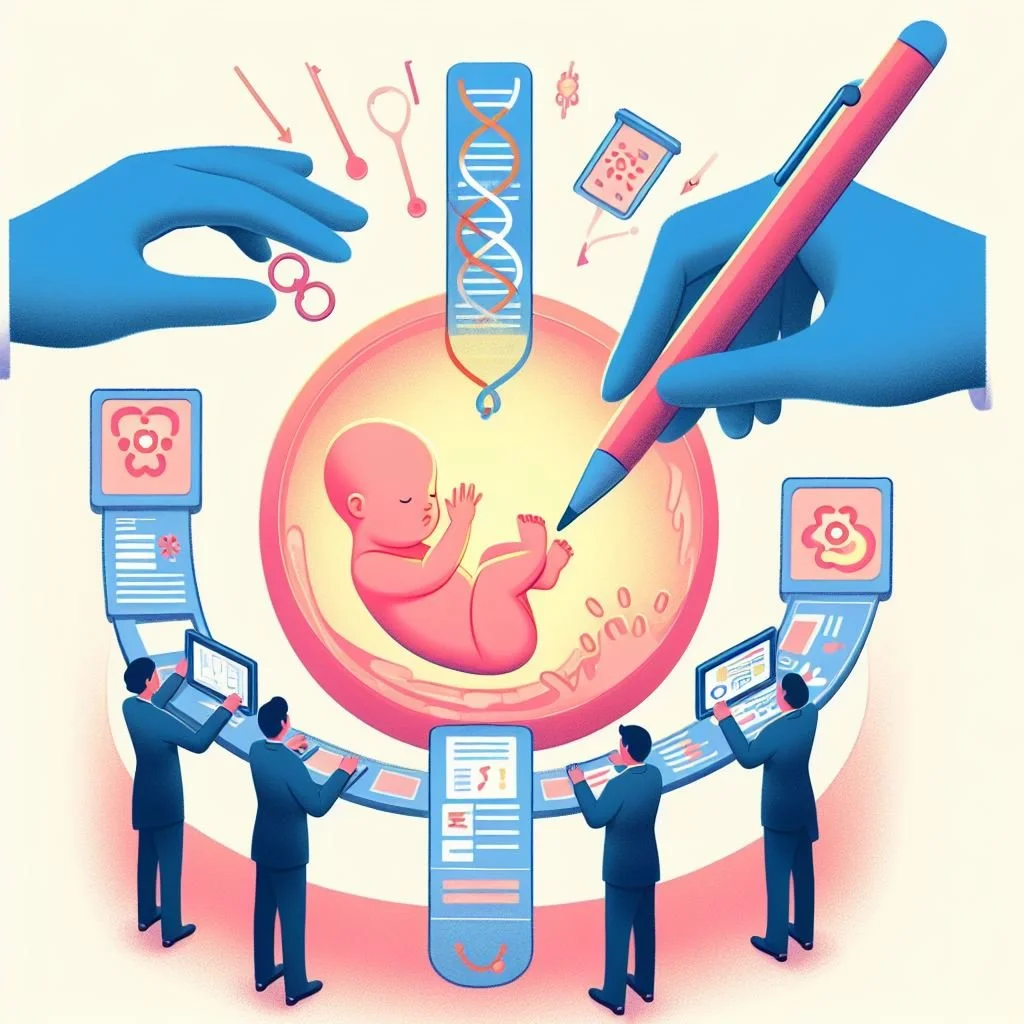Beware "Unfunded Mandates" for Research Data Sharing
More data sharing is required
The January 25, 2023 AAAS Science magazine article Ready, Set, Share: Researchers brace for new data-sharing rules is a good overview of what’s happening in the academic research world as US research funding agencies -- especially NIH – increase their requirements for research data sharing as a condition for awarding research money. Increasingly, grant applications must include explicit plans not only for publishing research findings but also for making research data available to others for additional analysis. This article provides a brief summary of some of the implications of such data sharing requirements.
Sharing capabilities are unequally distributed
Not all scientific specialties have well developed platforms for indexing, storing, or sharing research data that researchers can easily use. In addition, many institutions lack staff to do needed data governance, standardization, quality control, and metadata management work. For example, consider data storage: who pays for the effort needed to make research data accessible now and in the future? Just saying “include data sharing costs as direct or indirect costs in the grant application” begs the question especially when smaller institutions will be on the hook for providing extended data access.
But at what cost?
Having been involved in many data related projects involving data analysis, data governance, and database management -- for a time I was quite active in the open data movement -- I’ve always been sensitive to how much it costs to make data available for “sharing.” Someone must pay the cost for infrastructure and expertise and the Science article is a good overview of the issues at hand.
Definitions are needed
In a previous article titled New Government Web Site Makes “Restricted Microdata” More Accessible To Researchers I noted that it’s necessary to define what you mean by “access” and “sharing” when the goal is to make potential users aware of data availability. While many journal articles do provide information on how to obtain underlying data, according to the Science article, not everyone follows through on this commitment.
Not everyone is convinced
One thing that surprised me in the Science article is that not everyone is convinced that the costs and effort involved in guaranteeing federal funded research data are shared will be worthwhile. I share these concerns not because I don’t value data sharing -- I certainly do having started my professional career with research into how scientists publish and make their research available to others -- but because traditional cost benefit methods for analyzing the benefits may be insufficient given how difficult it is to predict how and when useful information transfer will occur. This uncertainty is also impacted by the ability of modern “big data” tools to search for patterns in data sets that may never have been developed with the expectation of such analysis being performed.
Needed: realism about costs
At minimum we do need to consider the costs involved in creating searchable and shareable inventories and indexes of available data, especially when potential data sharers and users work for a smaller or less well-endowed institutions. One possible approach that focuses on one important issue – making it possible for researchers to discover the existence of potentially useful data — is described in the above cited New Government Web Site Makes “Restricted Microdata” More Accessible To Researchers. That solution is to provides a searchable “front end” catalog to the data seeker who then uses the catalog to contact the original source of the data files.
Some suggestions
Whatever the solutions to the above discussed issues, I make the following suggestions:
Researchers must understand that data management and sharing are critical research responsibilitiers. Training and education need to reflect this.
Funding agencies need to step up to funding data sharing efforts and not just require them as “unfunded mandates” that may impact smaller institutions unequally.
Funding agencies must pay serious attention to planning, costing, and even subsidizing data sharing efforts especially when they must involve coordinating the efforts of multiple institutions and disciplines.
Objective assessments are needed of the costs and effectiveness of required data sharing efforts.
Whatever methods are adopted for data sharing they must incorporate appropriate personal privacy and security controls especially when data are re-used.
Copyright © 2023 by Dennis D. McDonald


































